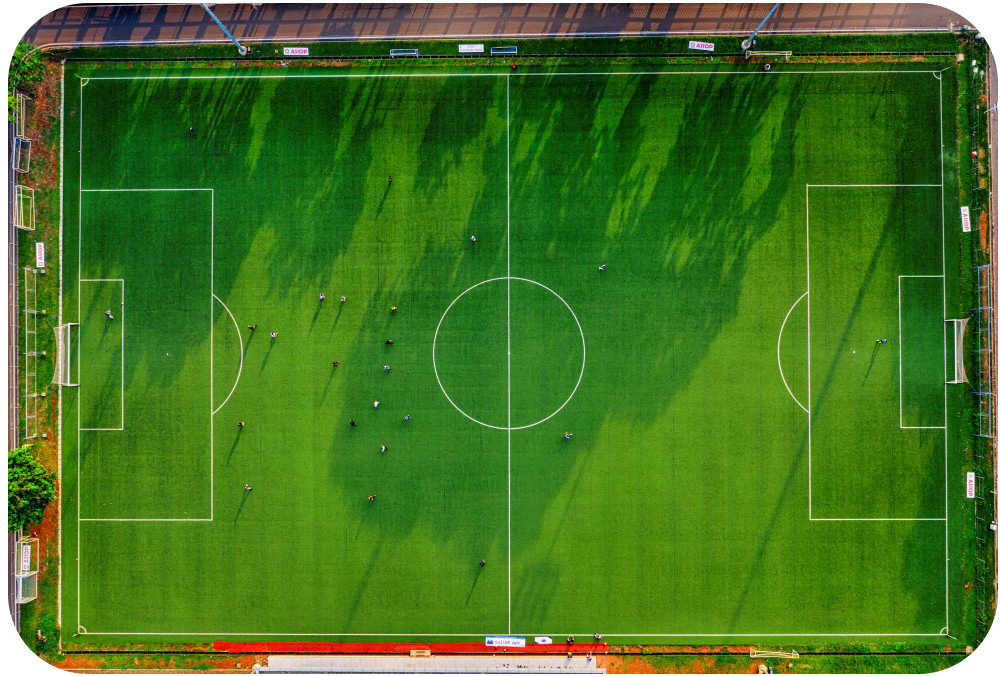This summer’s games certainly were ‘electrifying’ to say the least!
While the result wasn’t quite what we were hoping for, there are still plenty of lessons to be learned.
When it Comes to Tackling Supplier Data, You Can’t Afford to Take Your Eye off the Ball!
It’s more important than ever before that your supplier data remains accurate and compliant with your internal policies and external regulations.
Much like football, supplier information management isn’t ‘just a game’ – it’s an integral part of life.
When compiling supplier data is a slow, cumbersome, risky process, the chances of a win are slim. To keep your team in top condition, you need the best quality data to inform decisions, offer insight, and protect your reputation.
You need ARCUS®.
ARCUS® Supplier Management Software can offer you assurance that your supplier data is accurate, up-to-date, and secure, as well as presenting your information in the best possible way for you to gain insight from it.
With a completely cloud-based platform, you can have confidence that your data is secure whilst ensuring it remains accessible to you. The nature of the system also allows for a streamlined method of data collection, removing the hassle of chasing suppliers for information.
The configurable questionnaire-style method of data collection also reduces risk, as suppliers must complete required fields before progressing, ensuring there are no gaps in your data.
Meet Your ‘Goal’s With Confidence
Keep a close eye on your targets with engaging data visualisation using Analytics, an incredibly powerful tool within ARCUS® which can create interactive dashboards and bespoke reports from your own data. Demonstrate your ‘wins’ with ease to relevant stakeholders.
So, to secure your team, improve the quality of your data, save time, and ensure transparent processes, make the right choice. Choose ARCUS®.

